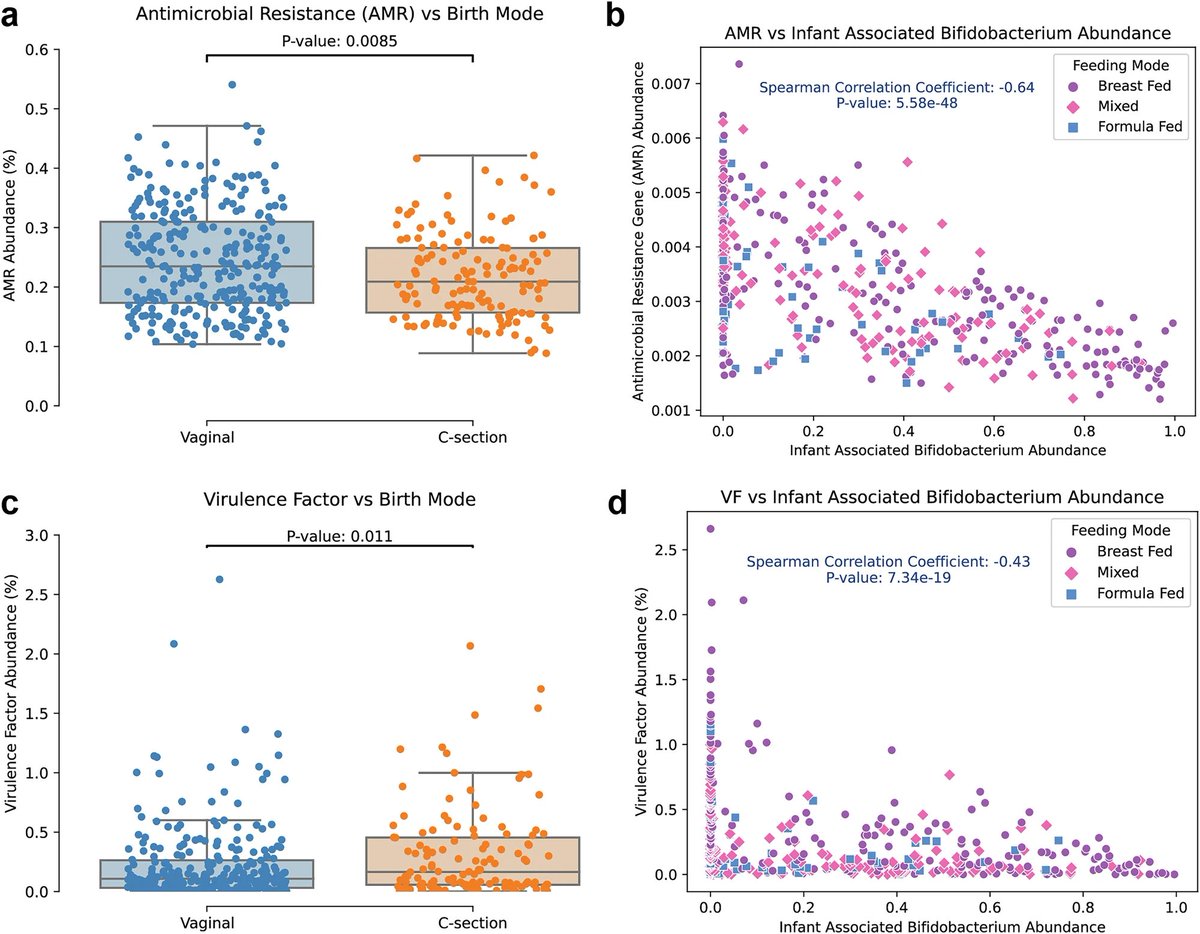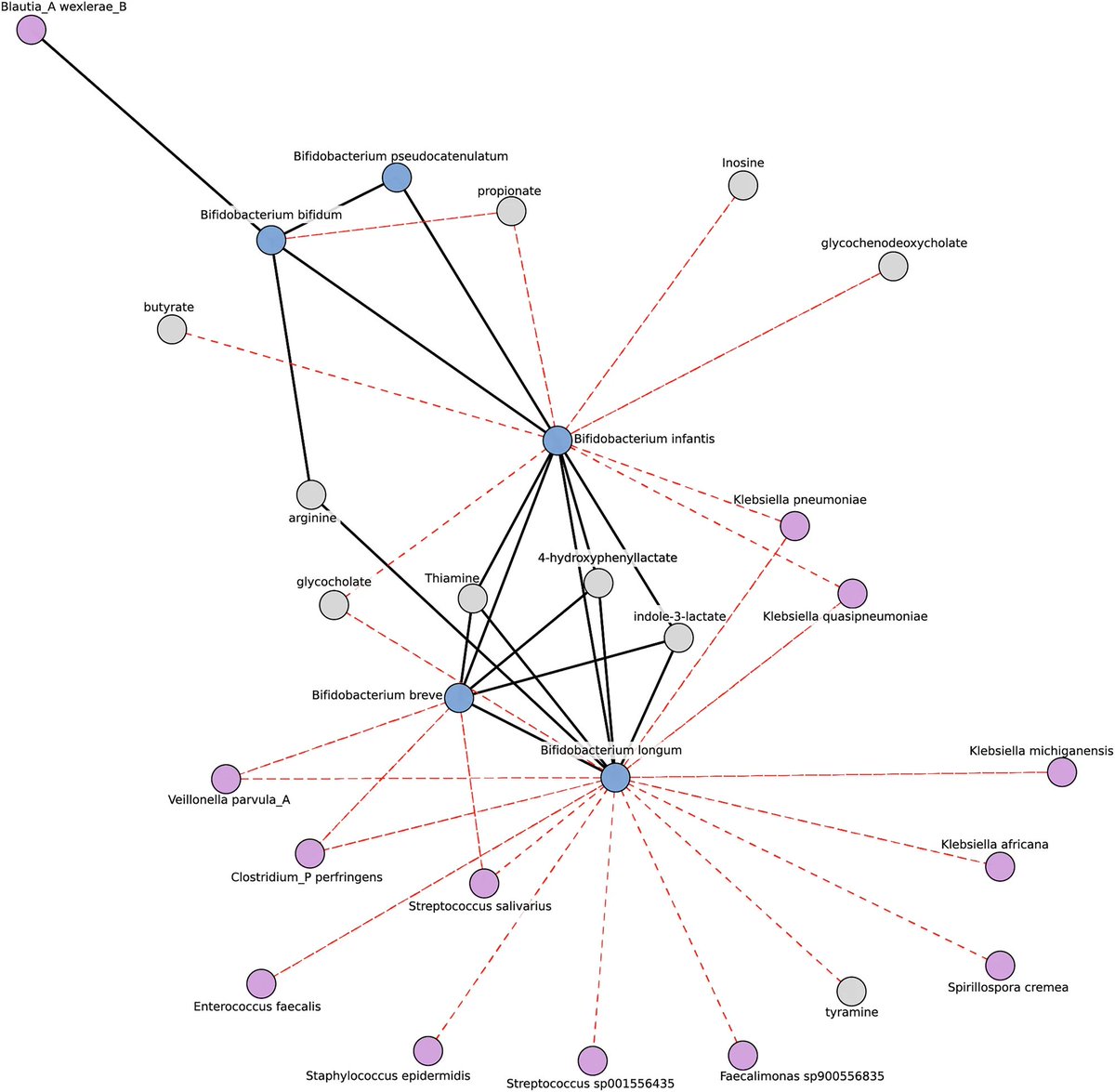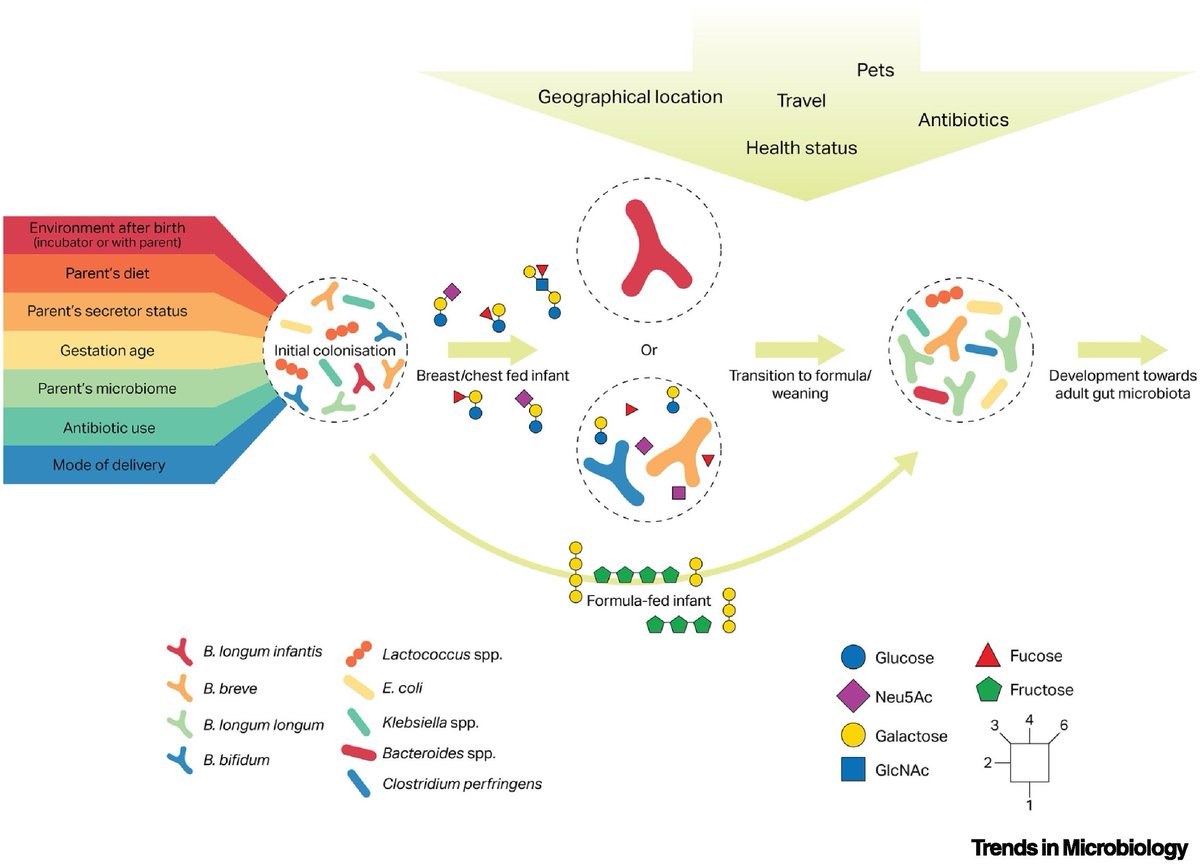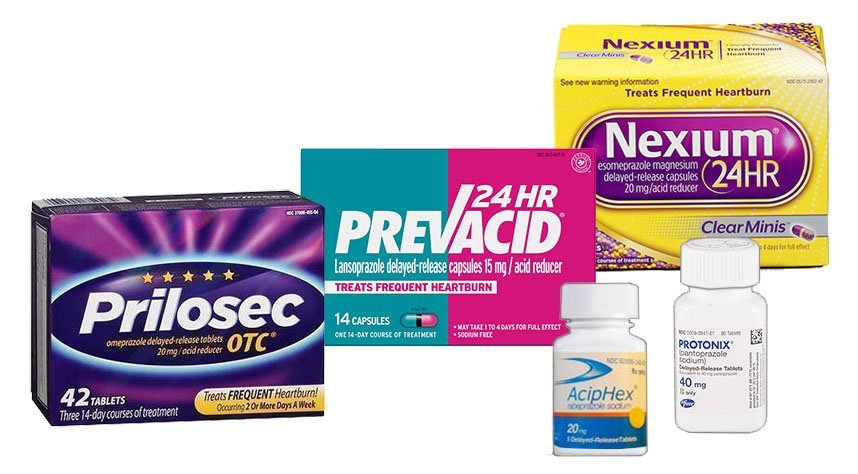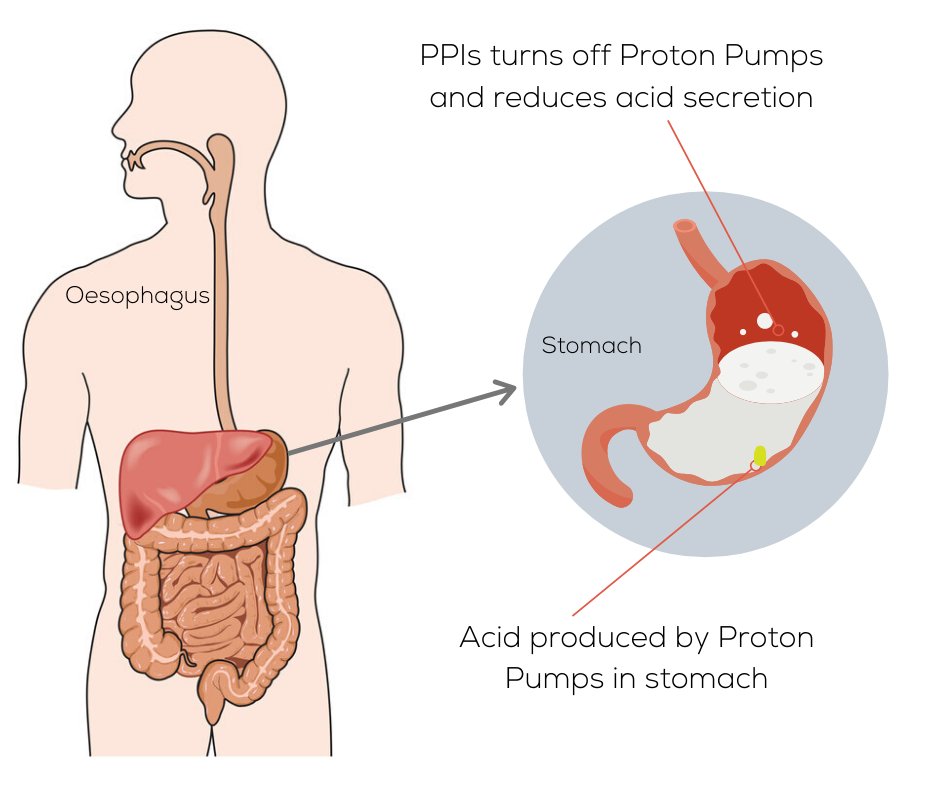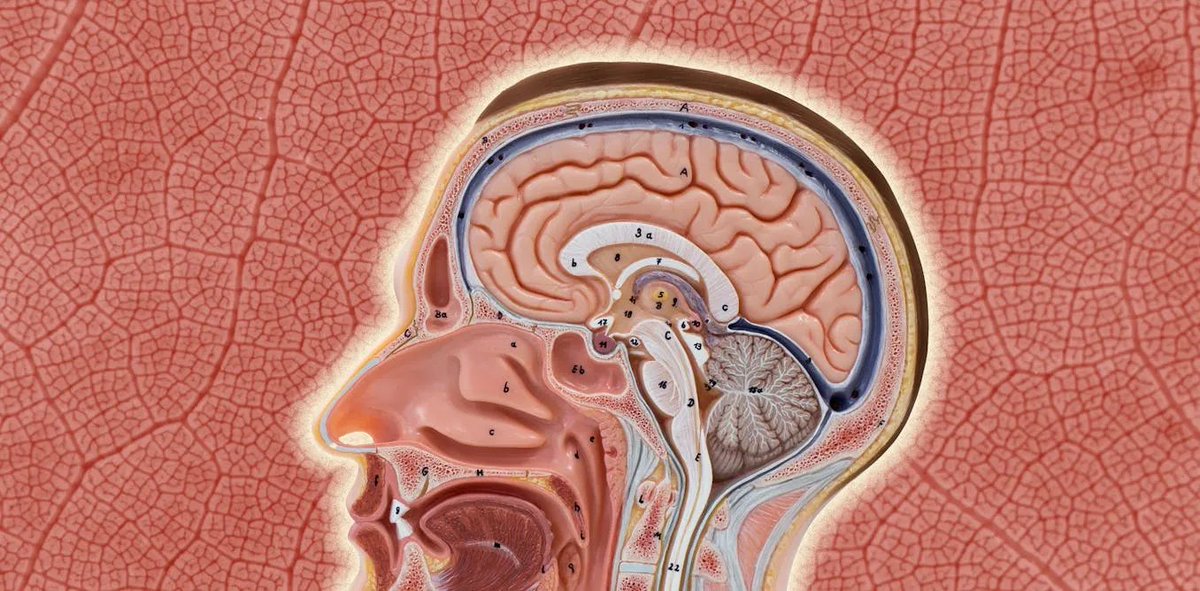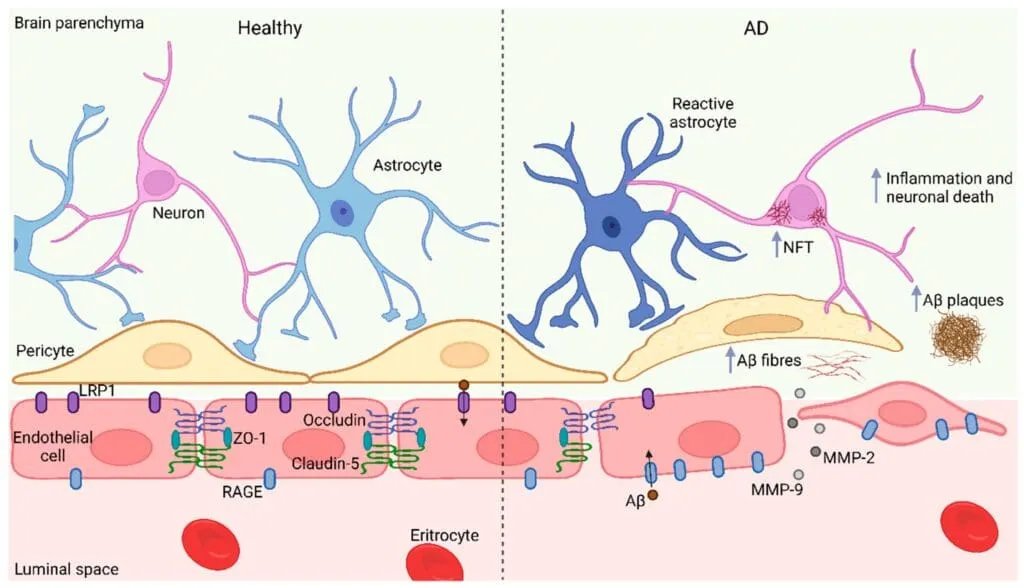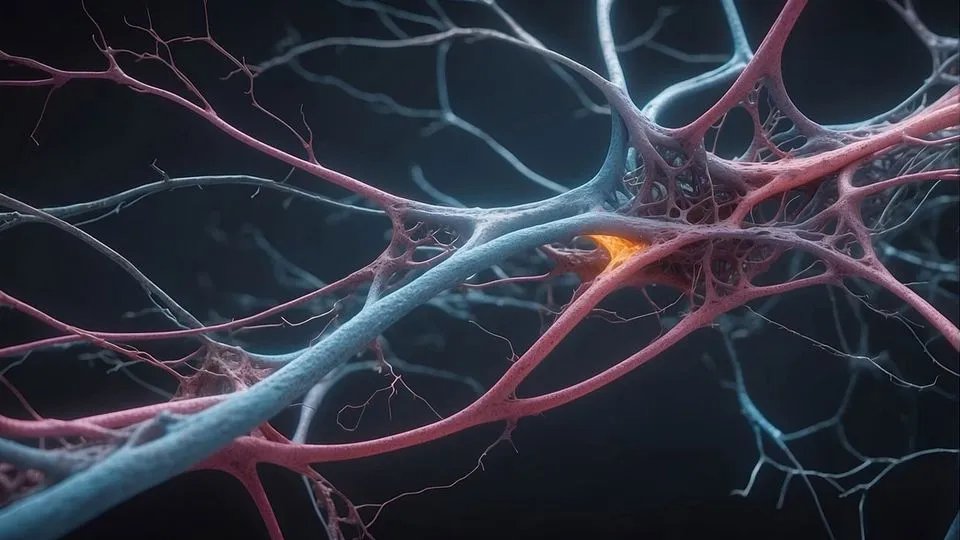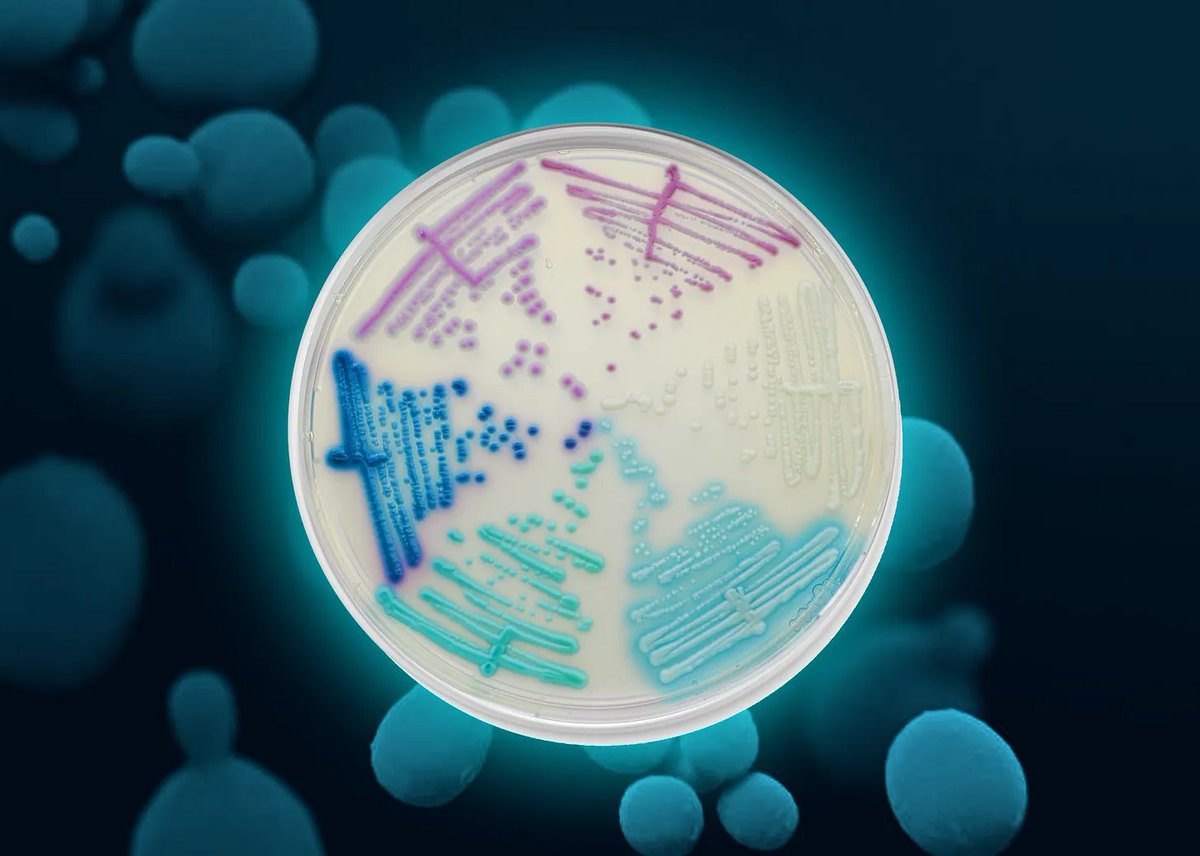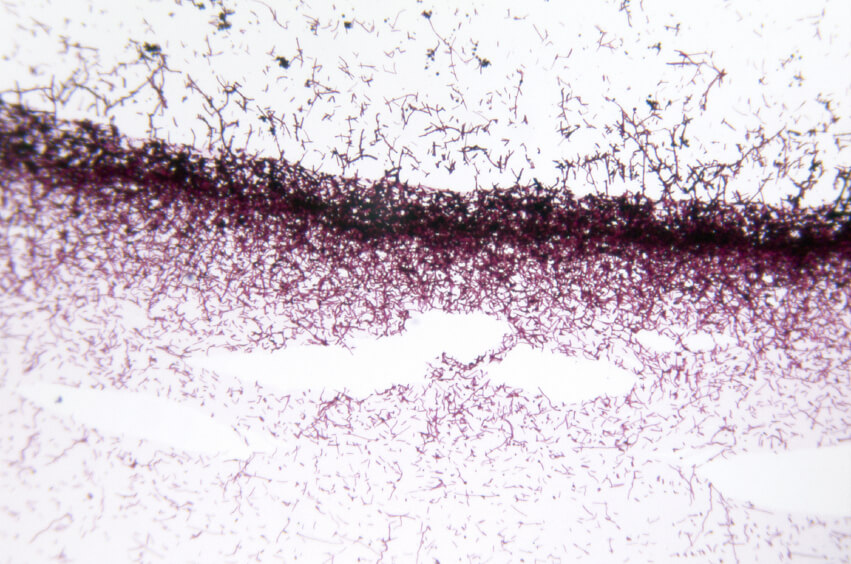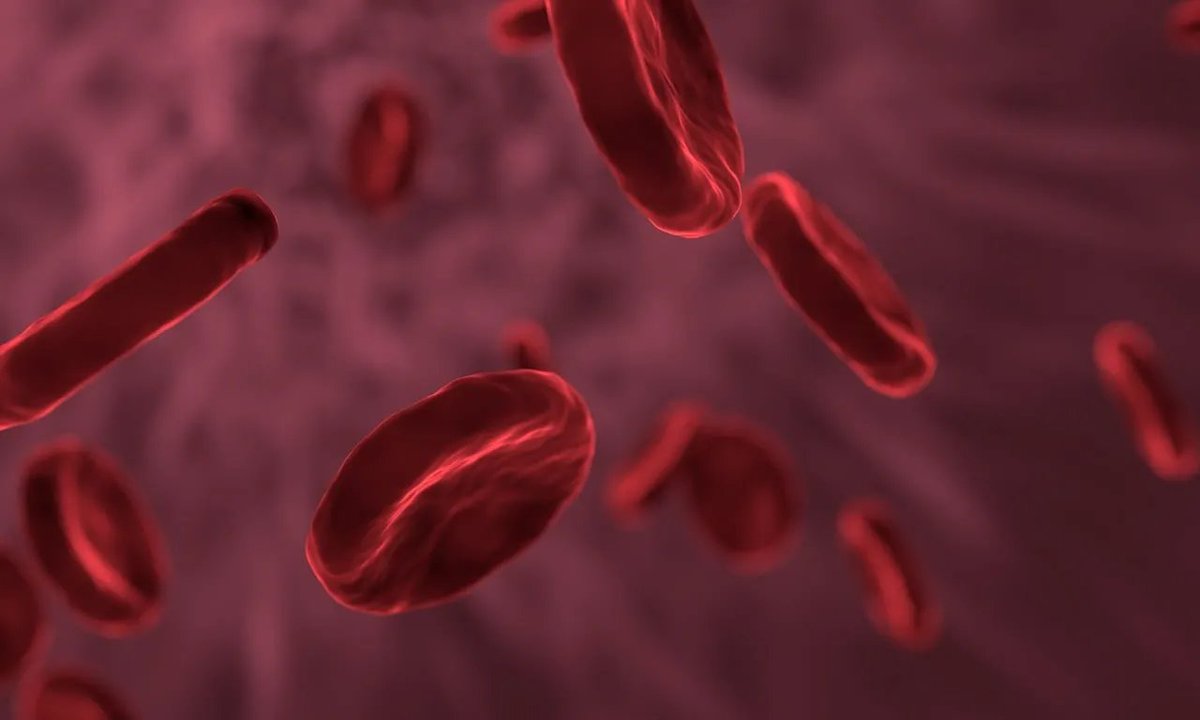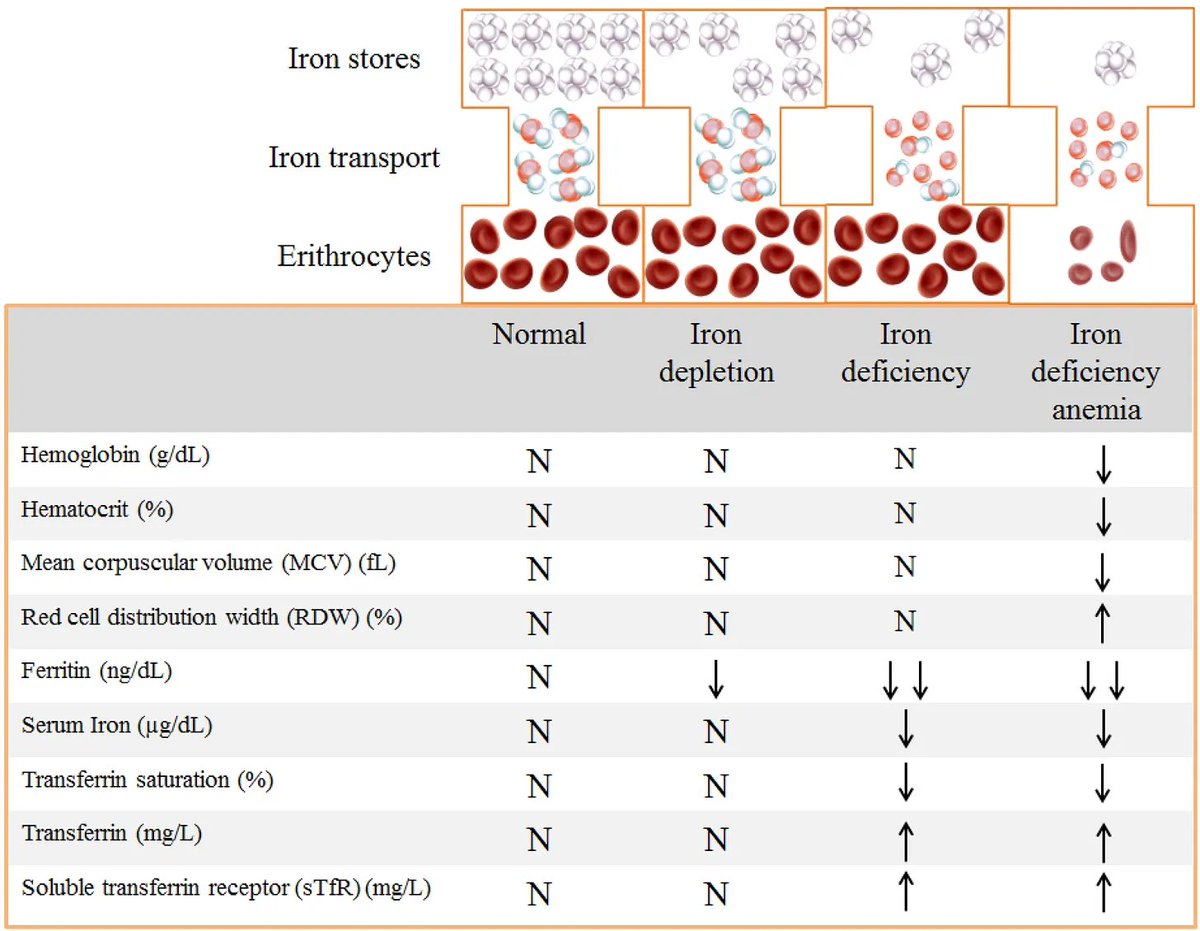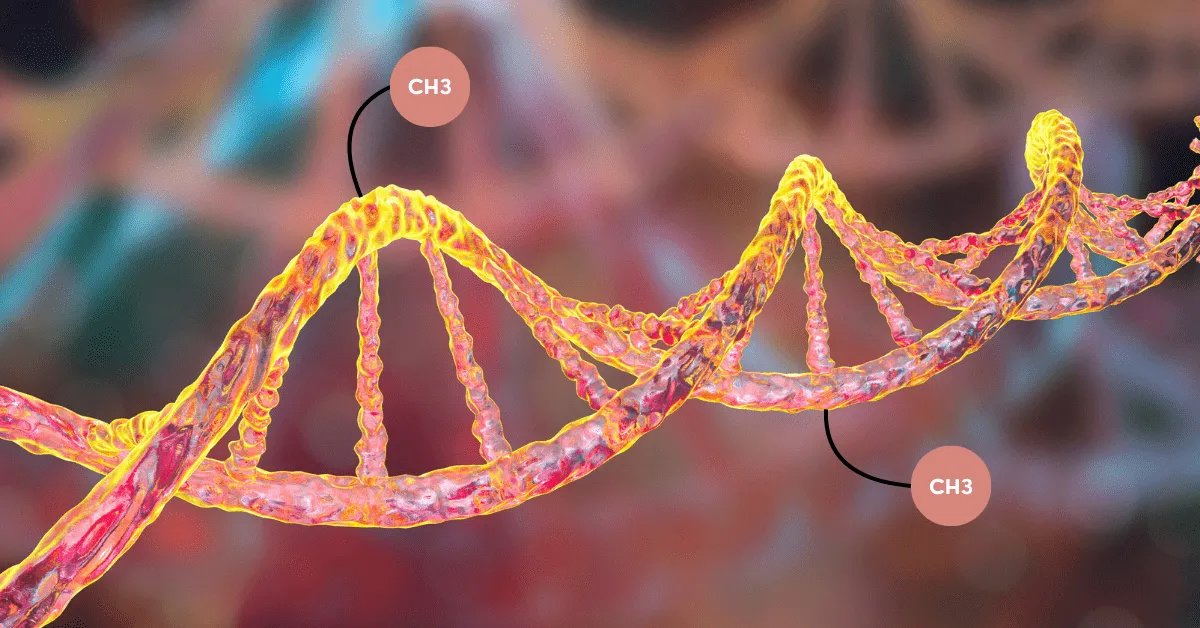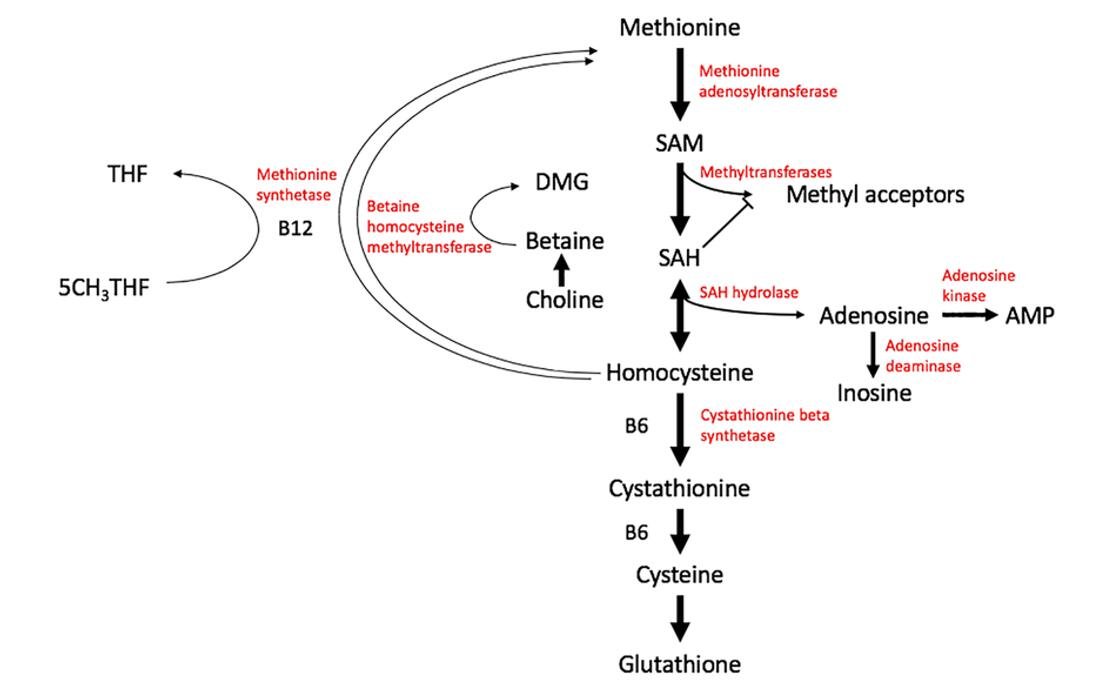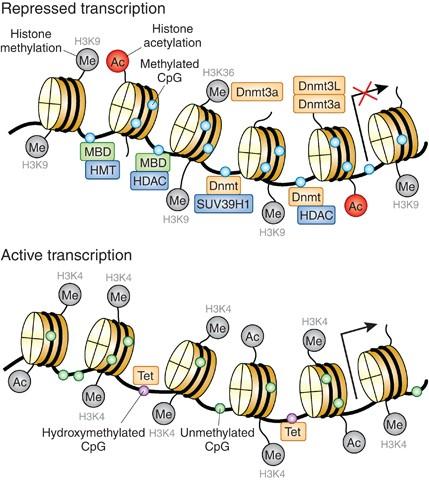Melanin isn't just skin pigment.
It's your brain's metal detox system, a biological semiconductor, and circadian regulator.
And you're probably destroying yours daily.
Here's what you need to know:
It's your brain's metal detox system, a biological semiconductor, and circadian regulator.
And you're probably destroying yours daily.
Here's what you need to know:

Your chronic fatigue might not be about stress or thyroid issues. It might be melanin. Yes, the pigment that determines skin color.
It turns out melanin is also a semiconductor that conducts electricity through your tissues and protects your brain from metal toxicity. And everything about modern life is destroying it.
It turns out melanin is also a semiconductor that conducts electricity through your tissues and protects your brain from metal toxicity. And everything about modern life is destroying it.

See, most people think melanin just sits there in your skin blocking UV rays like some passive sunscreen. But this molecule is active throughout your body, affecting how you produce energy, how you detoxify metals, and how your neurons communicate.
When melanin systems fail, you feel it everywhere. Brain fog, exhaustion, accelerated aging. The research reads like science fiction.
When melanin systems fail, you feel it everywhere. Brain fog, exhaustion, accelerated aging. The research reads like science fiction.
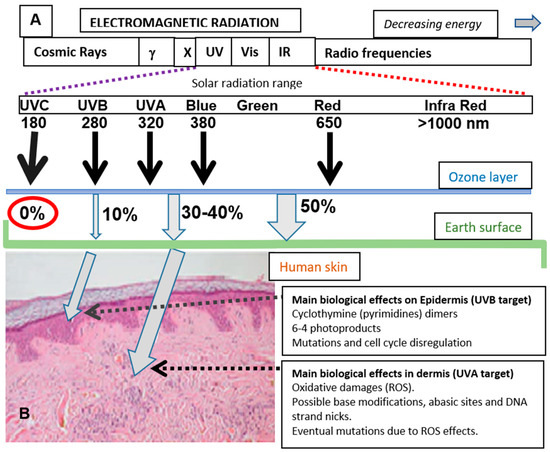
Your body actually makes three different types of melanin, and they're not remotely the same thing.
Eumelanin is the dark workhorse that absorbs everything from UV to near-infrared and dissipates it safely. It makes up about 74% of skin melanin regardless of your complexion. Without it, ten minutes of sun would shred your DNA like paper through a shredder.
Eumelanin is the dark workhorse that absorbs everything from UV to near-infrared and dissipates it safely. It makes up about 74% of skin melanin regardless of your complexion. Without it, ten minutes of sun would shred your DNA like paper through a shredder.
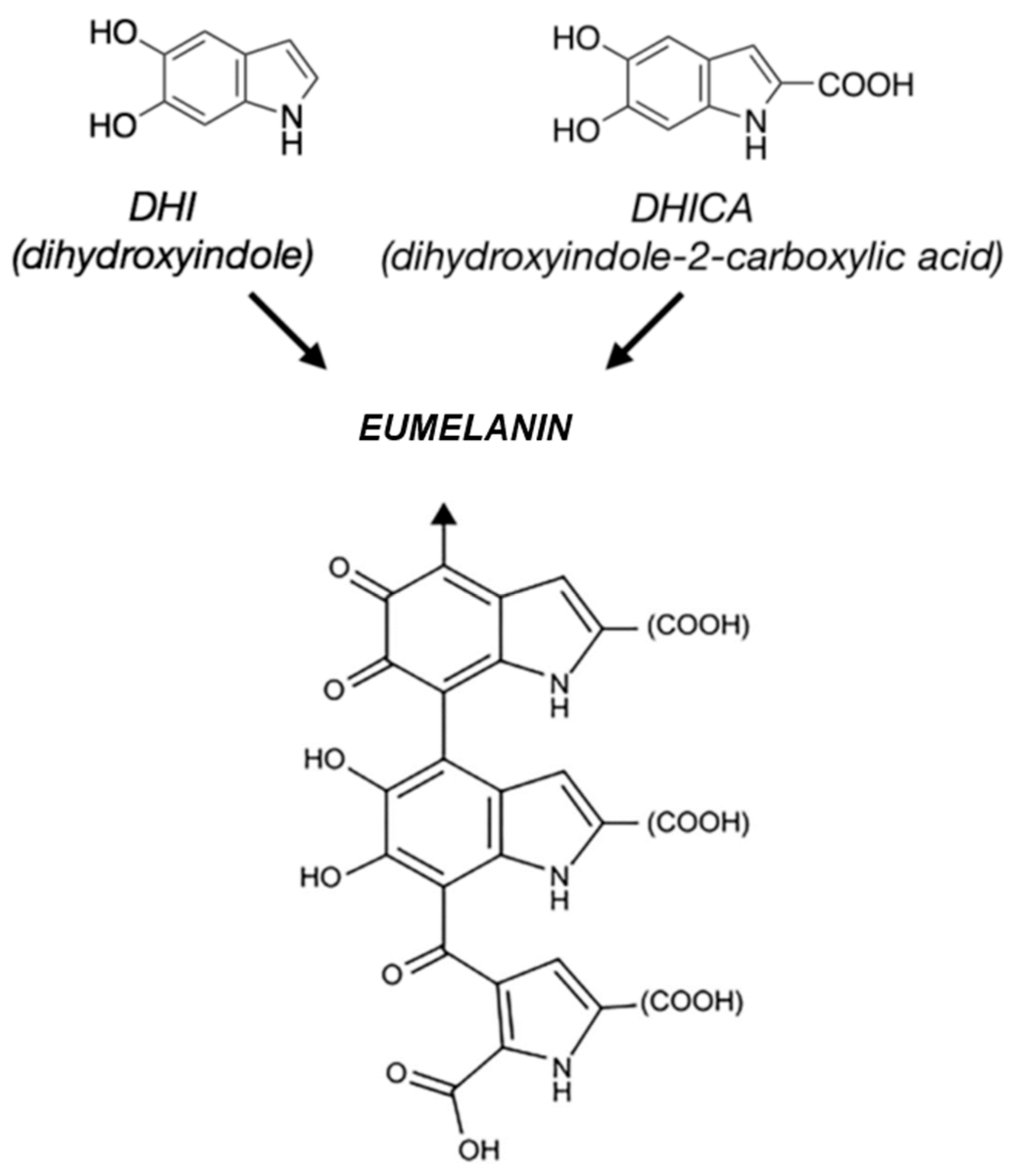
Then you have pheomelanin, which gives people red hair and freckles and comes with a massive evolutionary trade-off. While eumelanin protects you, pheomelanin actually generates free radicals when exposed to the sun. 
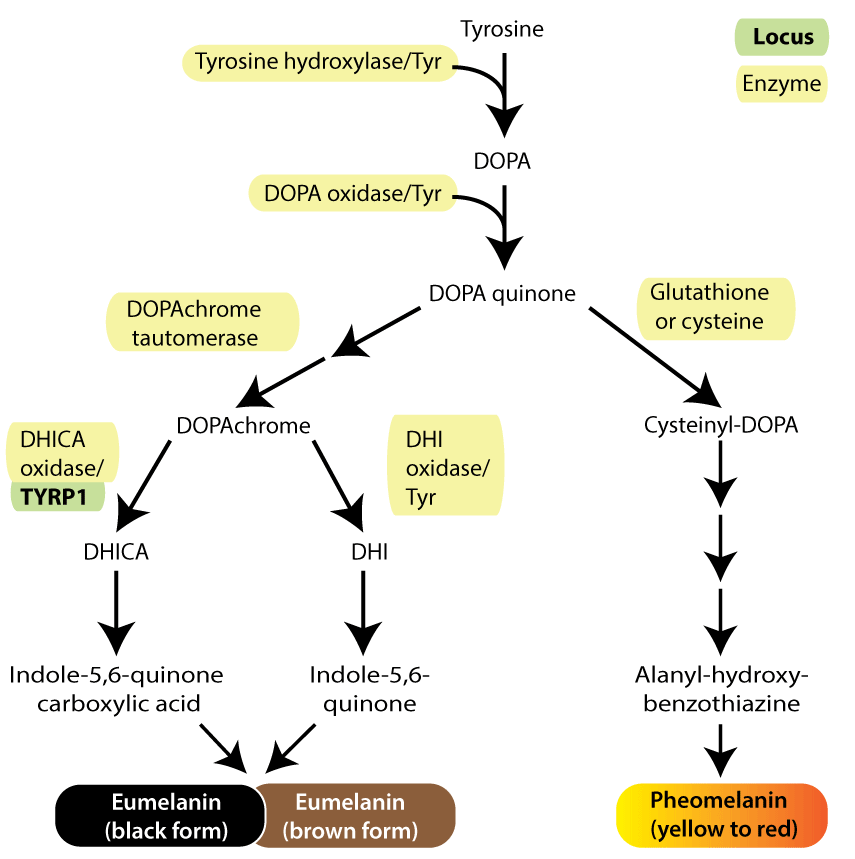
But here's where it gets weird.
Your brain makes its own special melanin called neuromelanin, and humans have way more of it than any other species. Starting around age three, your neurons begin converting excess dopamine into this dark pigment. It's like your brain realized dopamine metabolites are toxic and invented its own waste management system.
Your brain makes its own special melanin called neuromelanin, and humans have way more of it than any other species. Starting around age three, your neurons begin converting excess dopamine into this dark pigment. It's like your brain realized dopamine metabolites are toxic and invented its own waste management system.
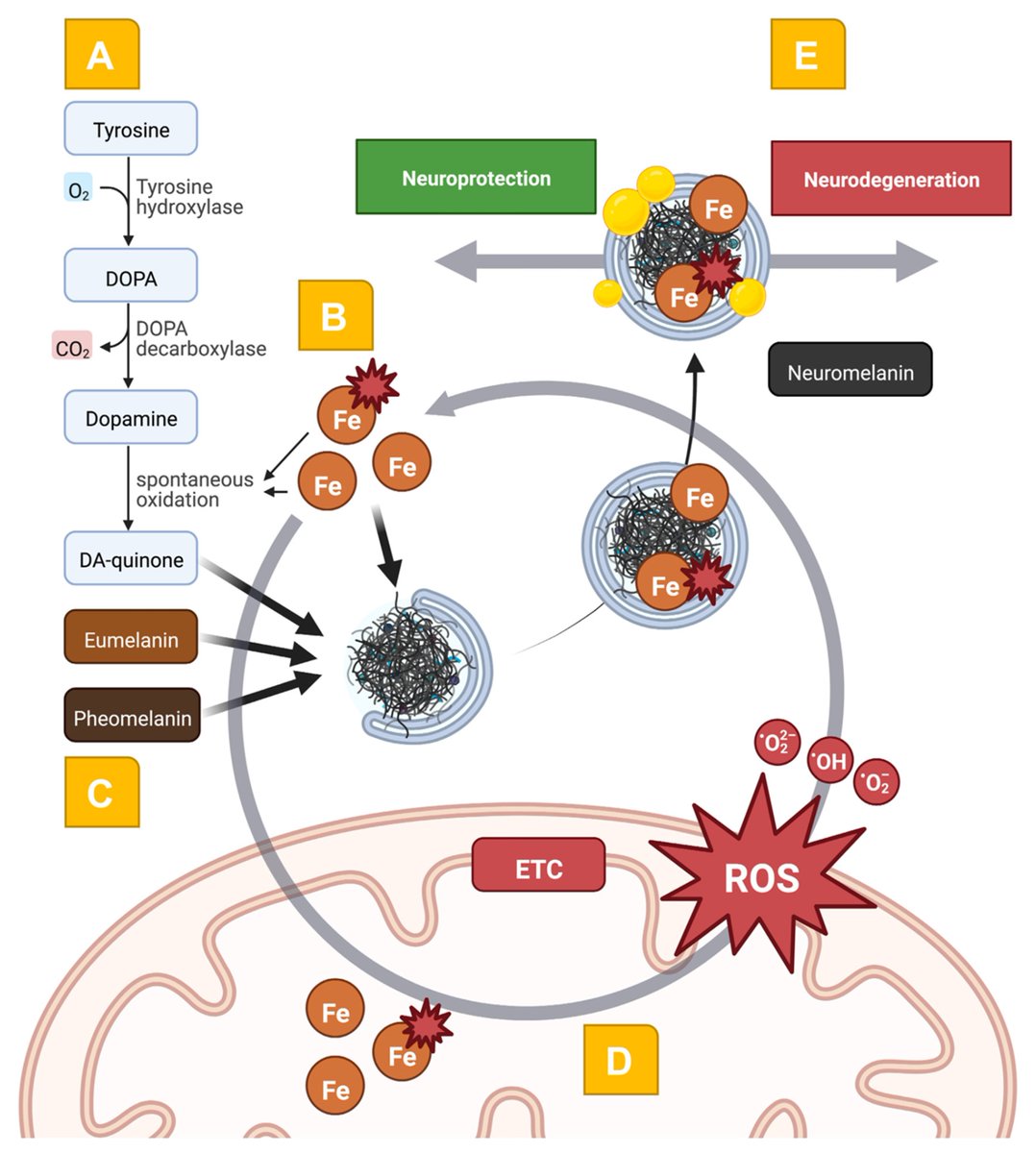
This neuromelanin does something absolutely crucial: it binds iron at concentrations 7-10 times higher than the surrounding brain tissue.
Think about that. Your brain is constantly dealing with reactive iron that wants to punch holes in your neurons through hydroxyl radical formation. Neuromelanin grabs that iron and locks it away. It also binds copper + zinc and can even reversibly store dopamine for when you need it later.
Think about that. Your brain is constantly dealing with reactive iron that wants to punch holes in your neurons through hydroxyl radical formation. Neuromelanin grabs that iron and locks it away. It also binds copper + zinc and can even reversibly store dopamine for when you need it later.
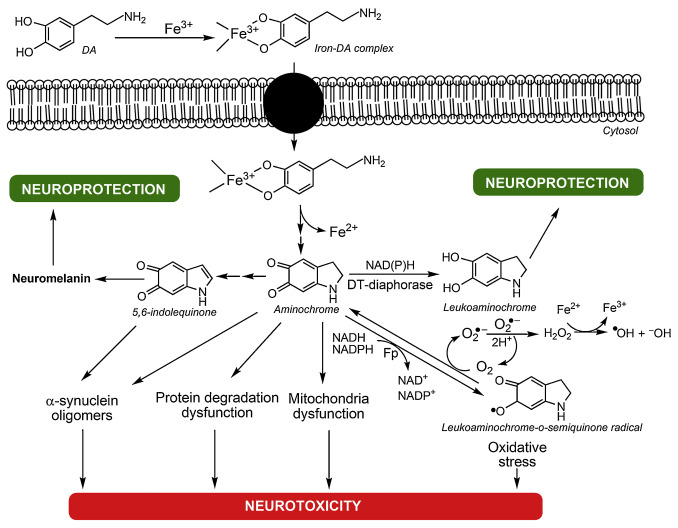
Now let's talk about some physics. Melanin conducts electricity. Yes. Like an actual organic semiconductor.
When you hydrate it, its conductivity increases exponentially. Scientists can heat-treat melanin to reach 300 S/cm conductivity. Why would evolution create a biological pigment that conducts electricity? Interesting, isn't it...
When you hydrate it, its conductivity increases exponentially. Scientists can heat-treat melanin to reach 300 S/cm conductivity. Why would evolution create a biological pigment that conducts electricity? Interesting, isn't it...
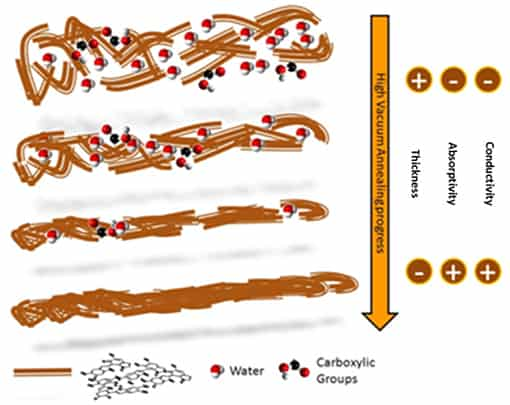
Let's talk about how modern life systematically destroys this system.
Obviously, you're probably not getting enough sun. But it's not just about making less pigment. When you don't get UV exposure, your skin can't produce α-MSH as effectively for melanin synthesis. The entire cascade stalls.
Obviously, you're probably not getting enough sun. But it's not just about making less pigment. When you don't get UV exposure, your skin can't produce α-MSH as effectively for melanin synthesis. The entire cascade stalls.
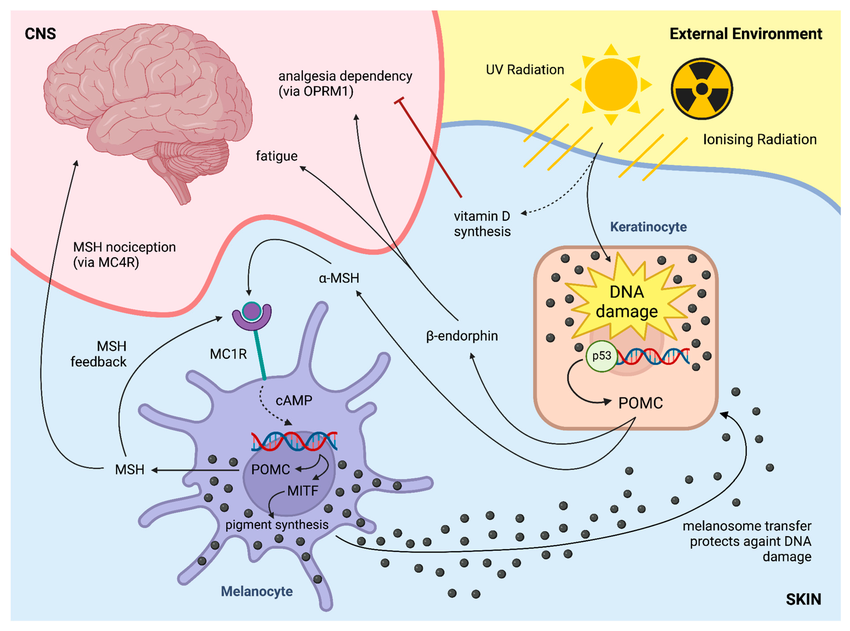
Your melanin production literally runs on a 24-hour clock that you're constantly breaking. Morning light sets BMAL1, which controls when melanin gets made. But you wake up in the dark, check your phone, go straight to the car, sit under fluorescents all day, then blast yourself with blue light until midnight. BAD.
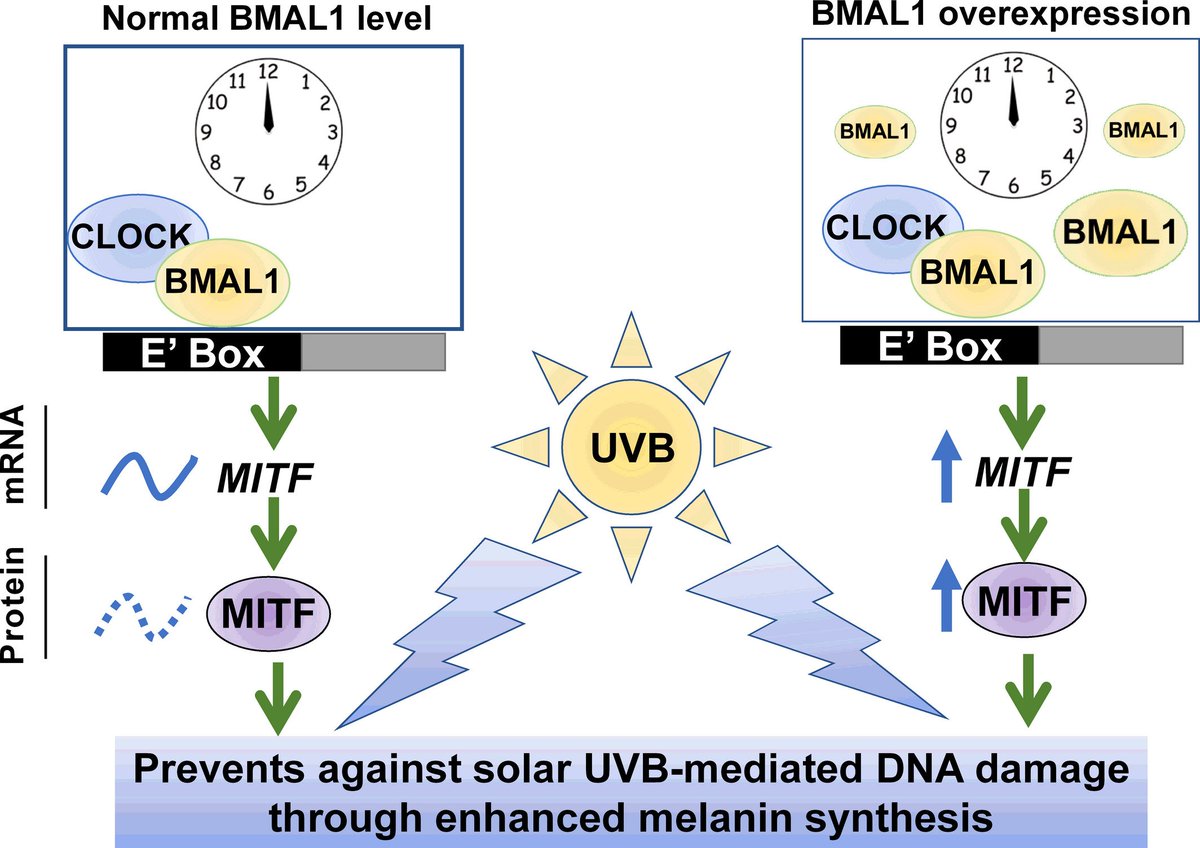
Chronic stress is going to be a huge problem, too. Cortisol suppresses specific enzymes needed for melanin synthesis.
But here's the real problem: dopamine is the precursor for neuromelanin. When chronically doomscrolling, staring at blue light, and depleting dopamine, your brain loses the raw material for its protective pigment.
But here's the real problem: dopamine is the precursor for neuromelanin. When chronically doomscrolling, staring at blue light, and depleting dopamine, your brain loses the raw material for its protective pigment.
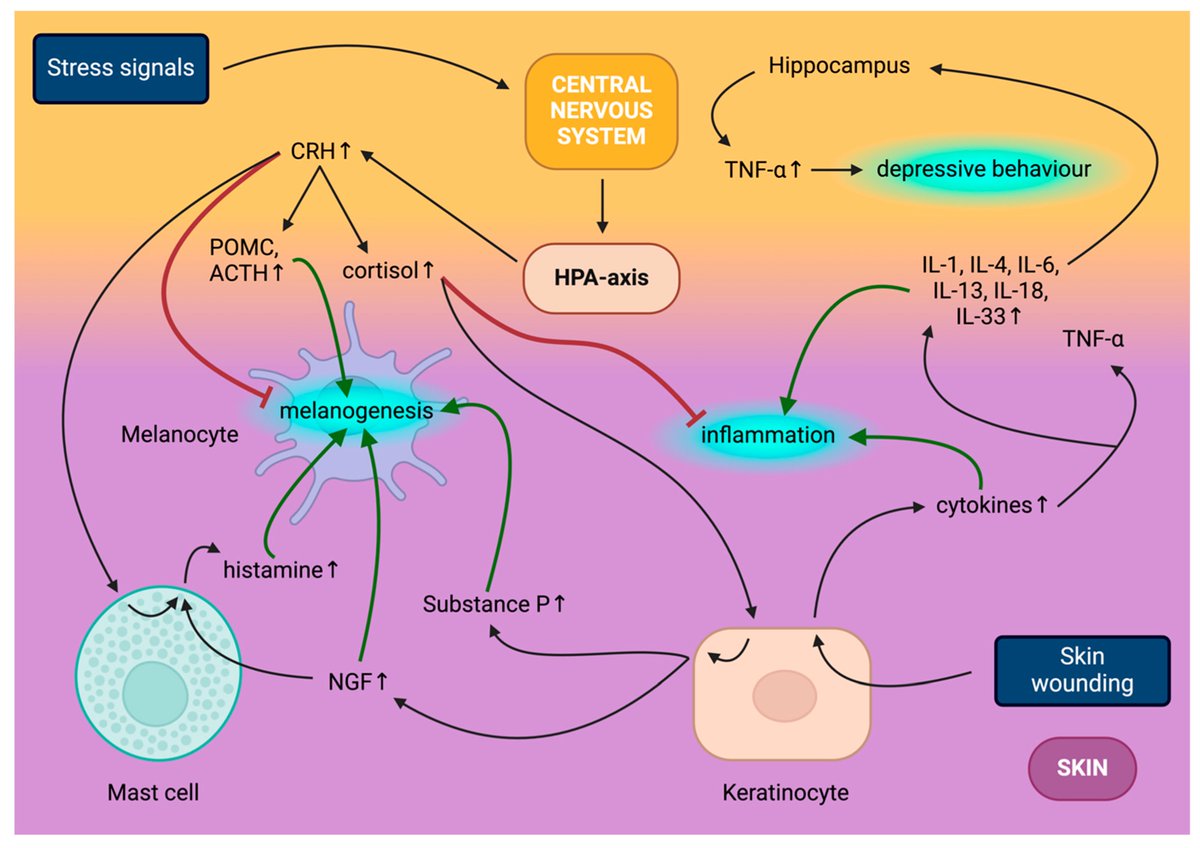
And we haven't even touched on nnEMFs yet.
Some studies show that household wiring's extremely low frequency fields affect melanin production. High-frequency radiation like 5G might do something completely different. We're ~15-20 years into the smartphone era and just starting to ask these questions. Your natural systems evolved over millions of years, and we changed their entire electromagnetic environment in two decades.
Some studies show that household wiring's extremely low frequency fields affect melanin production. High-frequency radiation like 5G might do something completely different. We're ~15-20 years into the smartphone era and just starting to ask these questions. Your natural systems evolved over millions of years, and we changed their entire electromagnetic environment in two decades.
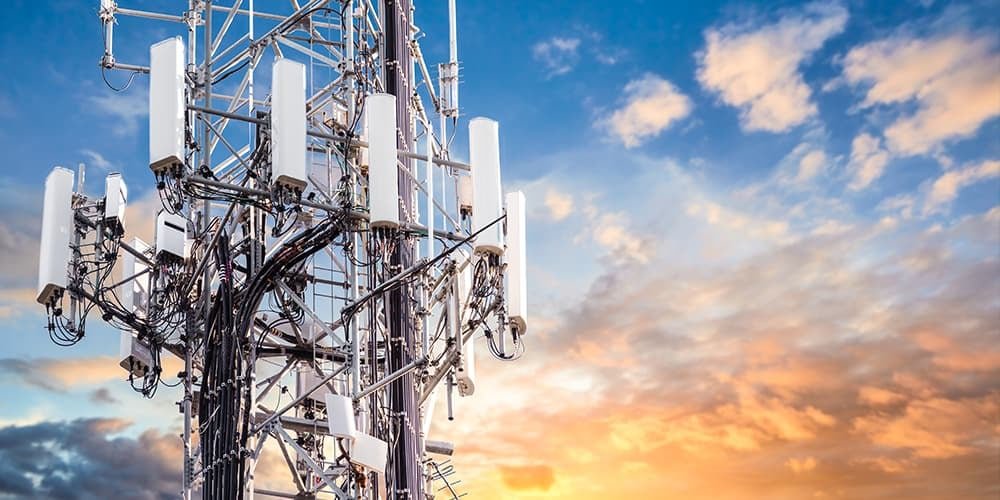
If you want to support melanin production, you also need the raw materials. That means roughly 25 mg per kilogram body weight of tyrosine and phenylalanine daily.
Adequate copper intake will also be super important.
Tyrosinase, the enzyme that makes melanin, has copper at its active site. Oysters are one of the best sources of copper by far. Make sure you're not supplementing too much zinc because it can block copper absorption.
Adequate copper intake will also be super important.
Tyrosinase, the enzyme that makes melanin, has copper at its active site. Oysters are one of the best sources of copper by far. Make sure you're not supplementing too much zinc because it can block copper absorption.
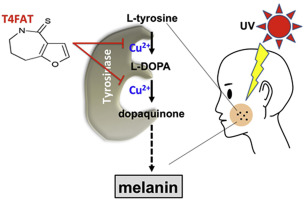
It should also be noted that sun exposure recommendations are useless without context. Light skin might need 15-25 minutes of midday sun. Dark skin might need an hour because melanin is already absorbing most of the UV. The UV index needs to be above 3.
And here's what matters: daily consistency beats everything. 100 days of getting sun are much better than 3 days of sporadically deciding to change your life.
And here's what matters: daily consistency beats everything. 100 days of getting sun are much better than 3 days of sporadically deciding to change your life.
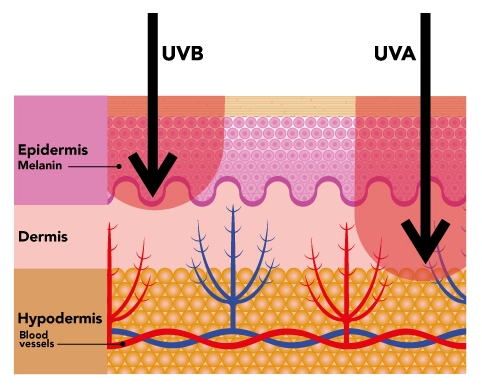
Also, morning sun does something specific for melanin. UVA light exposure on your skin in the morning drives melanin production differently than midday UVB. You need both. But we've created lives where we go from house to car to office, never getting either. 
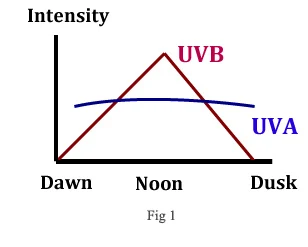
Managing oxidative stress is also crucial because melanin synthesis actually generates reactive oxygen species as it forms.
So if your antioxidant systems are shot, you can't complete melanin synthesis without damaging surrounding tissue.
This means the basics matter: colorful plants, bare feet on earth for grounding, managing inflammation, etc.
So if your antioxidant systems are shot, you can't complete melanin synthesis without damaging surrounding tissue.
This means the basics matter: colorful plants, bare feet on earth for grounding, managing inflammation, etc.

To wrap it all up, let me paint you a picture.
Your ancestors woke with the sun, worked outside, ate organ meats, never saw a blue light after dark, and were not exposed to nnEMFs. Their melanin production was firing on all cylinders.
You? You wake up to an iPhone alarm, eat cereal in LED light, sit under fluorescents for 8 hours, take 75mg of zinc because some influencer said to, then scroll TikTok until 2 am, wondering why you feel like garbage.
Your ancestors woke with the sun, worked outside, ate organ meats, never saw a blue light after dark, and were not exposed to nnEMFs. Their melanin production was firing on all cylinders.
You? You wake up to an iPhone alarm, eat cereal in LED light, sit under fluorescents for 8 hours, take 75mg of zinc because some influencer said to, then scroll TikTok until 2 am, wondering why you feel like garbage.
We're running the world's dumbest experiment: what happens when you take a biological semiconductor that evolved over millions of years and hit it with everything it hates, all day, every day? Spoiler alert: chronic fatigue, brain fog, and looking like you age in dog years. Your melanin isn't broken. It's just operating in an environment that would make your great-grandmother think you live in a dystopian nightmare. Stop treating the ancient semiconductor in your skin like it's optional equipment.
• • •
Missing some Tweet in this thread? You can try to
force a refresh


